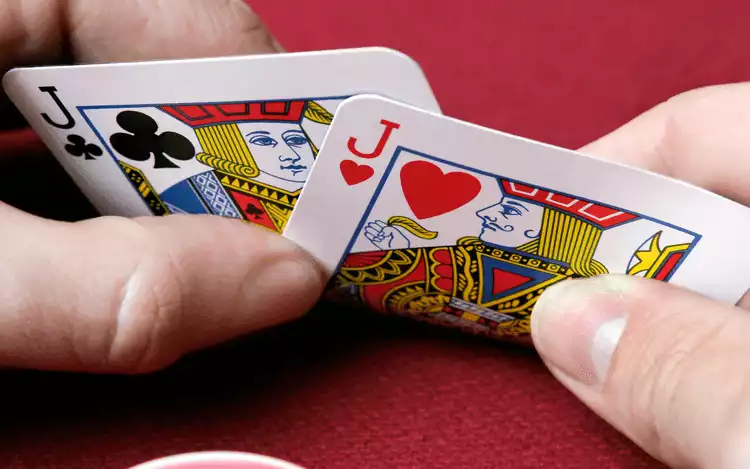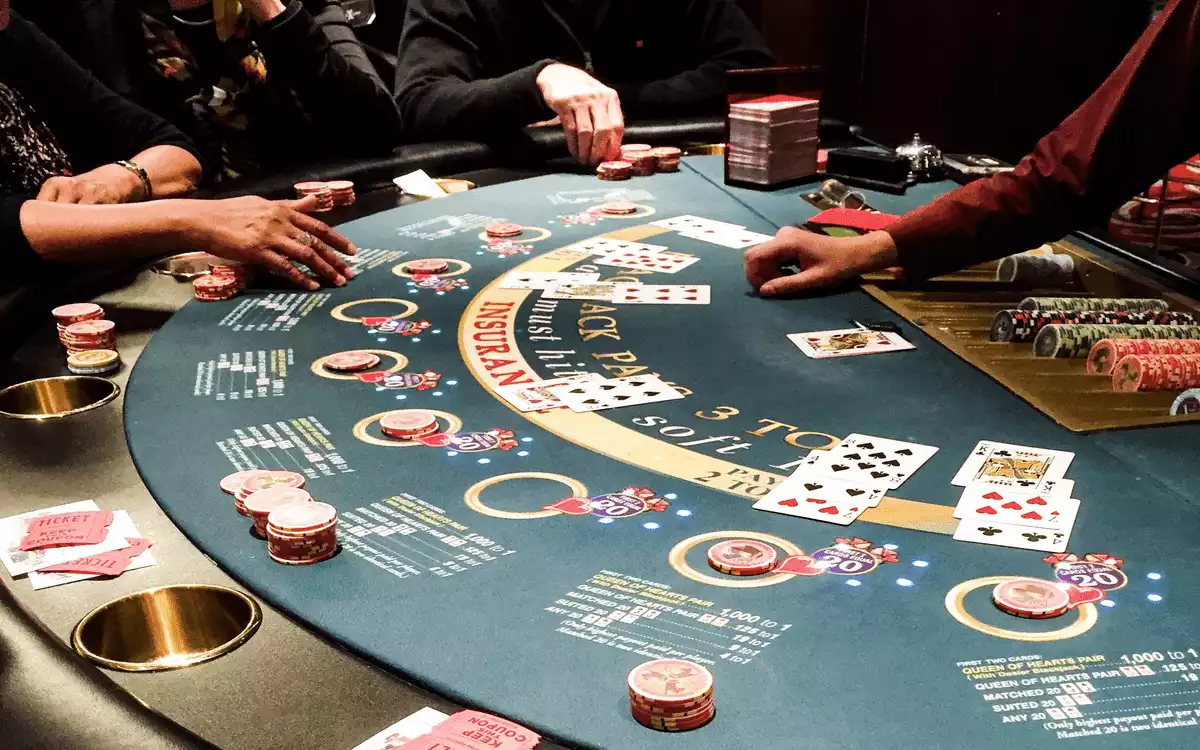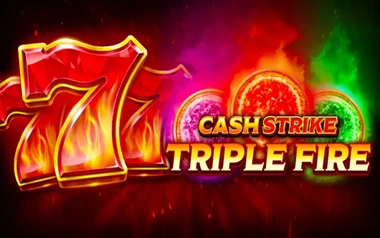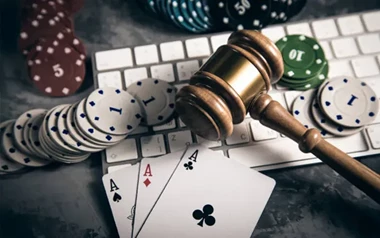Because of its fun and easy-to-understand gameplay, Blackjack is one of the most popular casino table games both online and in land-based casinos. While the basic elements of Blackjack - such as not going over 21 are simple, additional factors such as soft and hard hands, while crucial to successful gameplay, can b. e a bit more confusing to understand. This is why we have created this Gambling Zone guide to bring you up to speed with what these terms mean and how they can impact gameplay.
Soft and Hard Hands in Blackjack
The idea of hard and soft hands in blackjack, or hard and soft totals, as they are otherwise known, is vital to understanding the strategic choices a player must make. Indeed, the chances of winning against the dealer vary depending on the type of card—hard or soft.
Although it may sound strange to a novice blackjack player, the terms "hard" and "soft" really refer to the two types of blackjack hands that a player can be given.
For the remainder of the game, a player's strategy is developed entirely differently depending on whether their hand is deemed soft or hard. In the following paragraphs, we shall explore soft and hard hands in more detail.
What is a Soft Hand?
Each round of the blackjack game begins with the dealer and players each getting two cards. Your "hand" is made up of your two cards. The value of an ace in blackjack can range from 1 to 11, meaning it can be the highest or lowest card in the game. You have a soft hand if you have an ace in your hand, which might be worth either one of the following: eleven or one. Having a soft hand also reduces the likelihood of busting to nearly zero (remember, as a game of chance, nothing in Blackjack is ever 100% certain).
For instance, you are handed two cards to begin with, and they are an ace and a seven. If you were counting an ace as 11, the value of your hand would be 18. But the value is just eight if you count the ace as one. After that, you are given a third card, but none of them are worth enough points to raise your age above 21.
The face cards (jack, queen, and king), which are all worth ten, are the highest-ranking cards in blackjack aside from the ace. After beginning with a soft hand and receiving an ace and another 10, you can end up with a blackjack or ‘21’ (counting the ace as 1, of course). An ace (counting as 11) plus a six create a soft 17 hand. Similarly, an ace plus a two would make up a soft 13. With an Ace, you can never lose your hand in blackjack according to the soft hand's technique. If you have an Ace when playing online blackjack and your hand total exceeds 21, your Ace will be immediately credited as 1. Think of a soft hand essentially like wet clay, ready to be shaped and altered into various forms.

Land-based Casino
What is a Hard Hand?
In blackjack, there are two kinds of hard hands: those with and without an ace. When an ace counts as one, a hand with an ace is considered hard. For instance, if you have a 10, 3, and an ace. This makes the hand difficult because, if your ace counts as 11, your hand value would be 24 (10+3+11), going over 21, causing you to "bust" or lose the game. However, if your ace counts as 1, your hand value would total 14 (10+3+1), keeping you in the game.
A 10 and a 6, which would result in a hard 16, are an example of a hard hand without an ace. Given how little chance you have of winning, this is one of the trickiest blackjack hands. If you can add more cards to your hand without busting, then your hand is not deemed hard, except for the ace rule. This occurs when the cards you are holding are low-value cards, such as a 2 or a 3. You then choose to hit, and you won't go above 21 regardless of what your third card is.
To continue or analogy from before, think of hard hands as the clay once it has been fired. It is now set in stone, and cannot be reworked.
Blackjack Hand Strategy
Blackjack soft and hard hands require distinct strategies, thus players need to be able to play both. The player needs to grasp the fundamentals of blackjack strategy in order to apply the soft hand or hard hand strategy effectively.
Soft Hand Strategy
Why does the player have some of the finest chances to win when the hand is soft? Let's say the dealer is in a little trouble and has an up card of 4, 5, or 6. Conversely, the player's hand is soft. He can so double down on the hand to increase his earnings. Additionally, there won't be any risk of this going bust.
A rule permitting the dealer to hit a soft 17 was implemented because a soft hand can be upgraded and exploited to further reduce the house edge. When the dealer makes a soft 17, the house has a chance to strengthen its hand in opposition to the player's soft and less dangerous hand.

Pair of Jacks
Hard Hand Strategy
Once again, the player's ability to come up with a winning hard hand blackjack strategy depends heavily on their comprehension of the fundamentals.
Stick to the fundamental method when playing a blackjack hard hand for the best results. Assuming the dealer holds a ten in the hole, a player holding a hard hand should play. Assume the dealer has a 20 if, for instance, he displays a 10 on his up card. Most of the time, winning the hand will depend on this anticipated total computation.
In the event that the dealer possesses a card that is lower than a 6, the player holding a hard total will have to remain in this position and hope that the dealer busts. When playing a hard hand, a player should keep in mind that they should never be afraid to hit hard totals of 14, 15, or 16 against the dealer's 10. Other than surrendering, which is frequently forbidden, hitting is the only other choice. The player needs to resist the urge to stand on these challenging totals. They must hit until they bust or reach a value of 17-21.
Doubling Down on Soft and Hard Hand
Only when employed appropriately and when the timing is right can doubling down be a lucrative blackjack strategy. It refers to raising your wager after the first two cards are dealt in the middle of a hand. Doubling down entails choosing to Stand after getting one extra card.
It is dangerous to double down with a hard hand, and you should only do it if the dealer has a low card and the player has a hard 9 or 10. The player will have an advantage over the dealer if they are dealt a moderately high card.
If the dealer has a low card, a player with a soft hand of 16–18 can also double down. The additional card can significantly increase the player's prospects in these circumstances.







